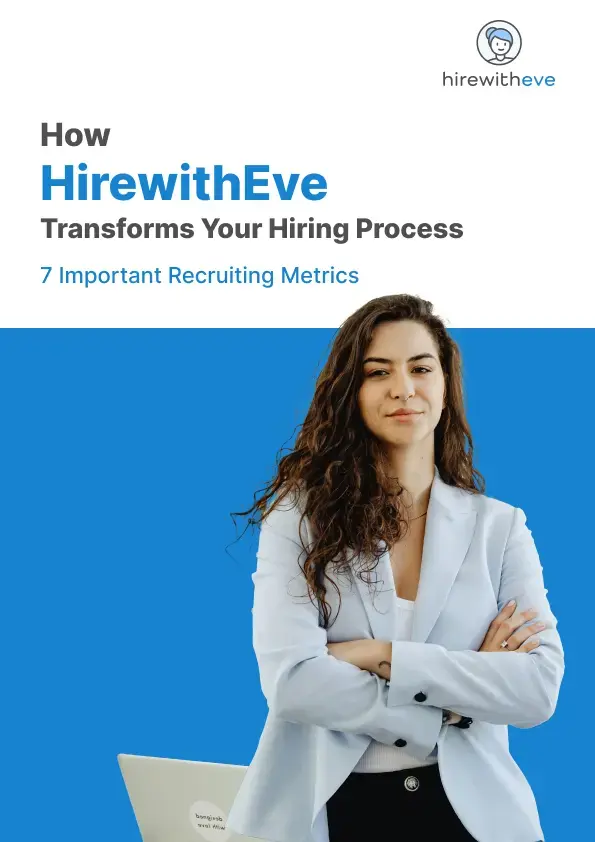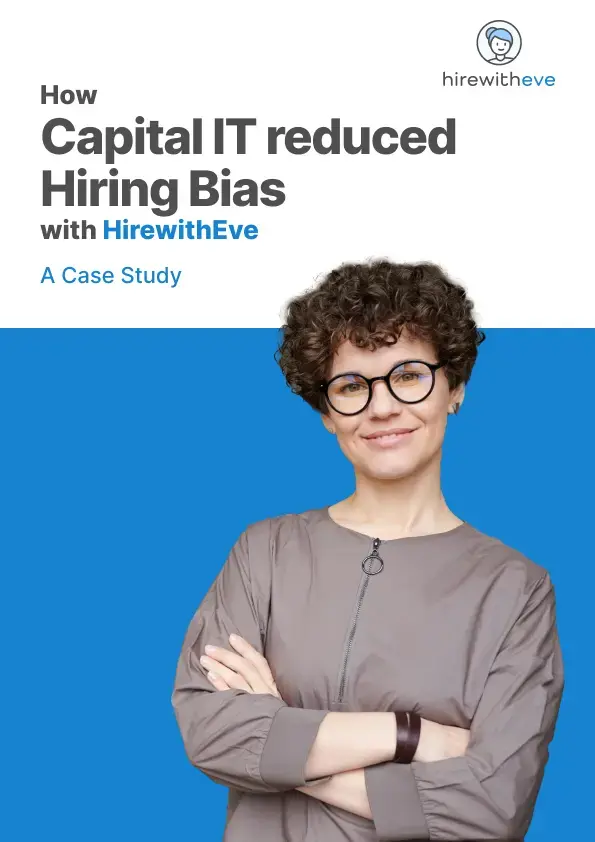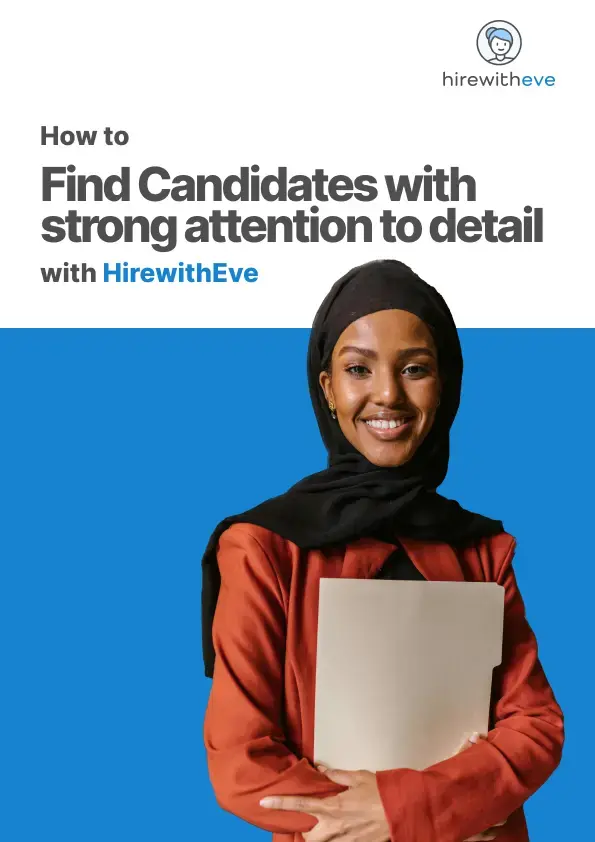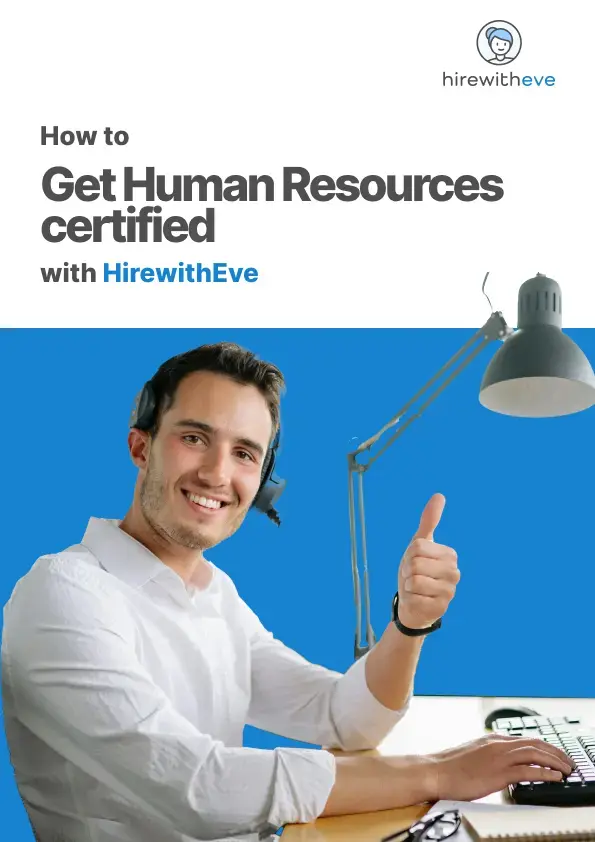70 Amazing Questions To Ask Interviewees
70 Amazing Questions To Ask Interviewees

When it comes to conducting interviews, the questions you ask can make or break your ability to find the best talent. Crafting the perfect set of questions to ask interviewees allows talent acquisition specialists and HR managers to dig deeper into the skills, behaviors, and attitudes of candidates, revealing insights that might not be obvious from a resume. Not only do the right questions help you identify the best fit for the role, but they also showcase your organization’s professionalism and thoroughness in the recruitment process.
This blog will introduce you to 70 amazing questions to ask interviewees that will help you conduct more productive and insightful interviews. Whether you are hiring for a specific skill set, testing for cultural fit, or gauging problem-solving abilities, these questions will give you the information you need to make informed hiring decisions.
Table of contents
The Importance of Asking the Right Questions
Asking the right questions during an interview goes beyond just ticking boxes on a checklist. The right questions to ask interviewees can uncover a candidate’s potential to excel in a role and fit into your company’s culture. By asking targeted questions, you can probe deeper into a candidate’s abilities, past experiences, and future ambitions. These questions should be aligned with the needs of the role and the values of your company.
For talent acquisition specialists, having a versatile set of questions to ask interviewees is essential. These questions not only save time but also allow for a more structured and engaging interview, helping you to assess the candidate comprehensively.
Icebreaker Questions
These questions help the interviewee feel more comfortable and set the tone for the conversation.
What inspired you to apply for this role?
How would you describe yourself in three words?
Can you tell us something about yourself that’s not on your resume?
What interests you most about this industry?
How did you hear about our company?
Role-Specific Questions
These questions are tailored to the job’s requirements and help determine if the candidate has the necessary skills and experience.
What specific skills do you bring to this role?
Can you describe a time when you solved a complex problem in a similar role?
What tools or software are you proficient in that will help you succeed in this position?
How do you stay updated with industry trends related to this role?
What would you prioritize in the first 90 days if hired?
Behavioral Questions
Behavioral questions give insight into how a candidate has handled situations in the past, which can indicate future performance.
Can you tell me about a time when you had to manage multiple priorities?
How do you handle stressful situations or tight deadlines?
Describe a situation where you had to work with a difficult colleague. How did you handle it?
Tell me about a project you are particularly proud of. What was your role?
How do you handle feedback from supervisors or peers?
Problem-Solving and Critical Thinking Questions
These questions test a candidate's ability to think on their feet and handle unexpected challenges.
How would you approach solving a problem that you've never encountered before?
Can you walk me through how you would troubleshoot an issue that arises unexpectedly?
Give an example of a complex problem you solved. How did you arrive at your solution?
If you had to make a quick decision without all the necessary information, how would you handle it?
What would you do if you noticed inefficiencies in your team’s workflow?
Cultural Fit Questions
These questions assess whether a candidate aligns with your company’s values and work environment.
What type of work environment do you thrive in?
How do you define success in the workplace?
How do you typically approach team collaboration and communication?
Can you describe a time when you contributed to company culture in a positive way?
What do you look for in a manager or leadership team?
Personal and Career Growth Questions
These questions help you understand a candidate’s ambitions and long-term potential.
Where do you see yourself in five years?
How do you continue to develop your skills and knowledge?
What are your career goals, and how does this role align with them?
Can you describe a time when you went above and beyond in your career?
What motivates you to succeed?
How to Maximize the Impact of These Questions
The key to getting the most out of these questions to ask interviewees is to create a comfortable environment where candidates feel encouraged to share their thoughts and experiences openly. Here are a few tips to help you maximize the impact of your interviews:
Tailor the Questions to the Role: While it’s tempting to use a standard set of questions to ask interviewees, tweaking your questions based on the specific role can provide more relevant insights.
Follow-Up on Answers: Don’t hesitate to ask follow-up questions based on a candidate’s answers. This allows you to explore details that might otherwise remain undiscovered.
Active Listening: Pay close attention to not only what is said but also how it’s said. Body language and tone can often give you additional clues about a candidate’s fit for your company.
Be Flexible: While having a structured interview process is essential, flexibility is key. If a candidate brings up an interesting point, follow it up with additional questions that may lead to valuable insights.
Conclusion
Asking the right questions to ask interviewees is crucial in discovering the best talent for your company. Whether you’re evaluating their technical abilities, assessing their cultural fit, or understanding their long-term goals, the questions in this blog are designed to help you conduct more insightful interviews and make better hiring decisions.
For talent acquisition specialists looking to streamline their recruitment process, platforms like HirewithEve offer advanced tools to optimize hiring. HirewithEve provides applicant tracking, skills-based assessments, and analytics to help HR professionals make data-driven decisions. If you’re looking for a solution to enhance your interview process, HirewithEve can be an invaluable asset in finding the best talent efficiently and effectively. By leveraging its features, you can take your hiring process to the next level, ensuring that the best candidates are identified and hired.
Target Your Talent
Unlock tailored solutions for your recruitment and hiring needs with Eve Platform's extensive case study library.
Subscribe now to enhance your HR expertise and excel in your role.
Free Resources

Transforming Hiring: 7 Key Recruiting Metrics
Enhancing recruitment processes with data-driven insights for better hiring outcomes.

Reducing Hiring Bias with Hirewitheve.
Utilizing Hirewitheve to combat bias and streamline recruitment processes effectively.

Hiring Detail-Oriented Candidates
HirewithEve enhances hiring by accurately assessing candidate's attention to detail-oriented.
